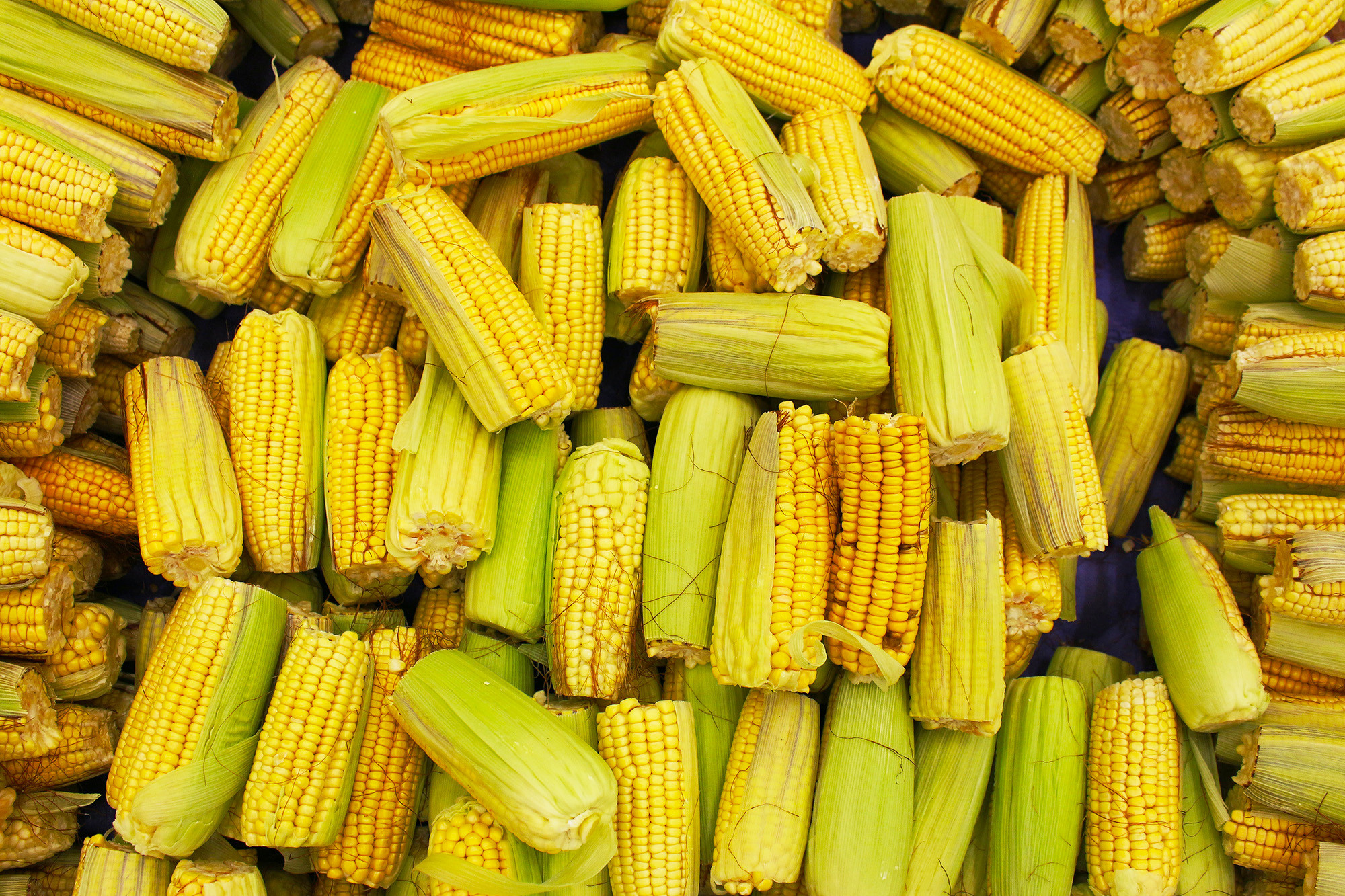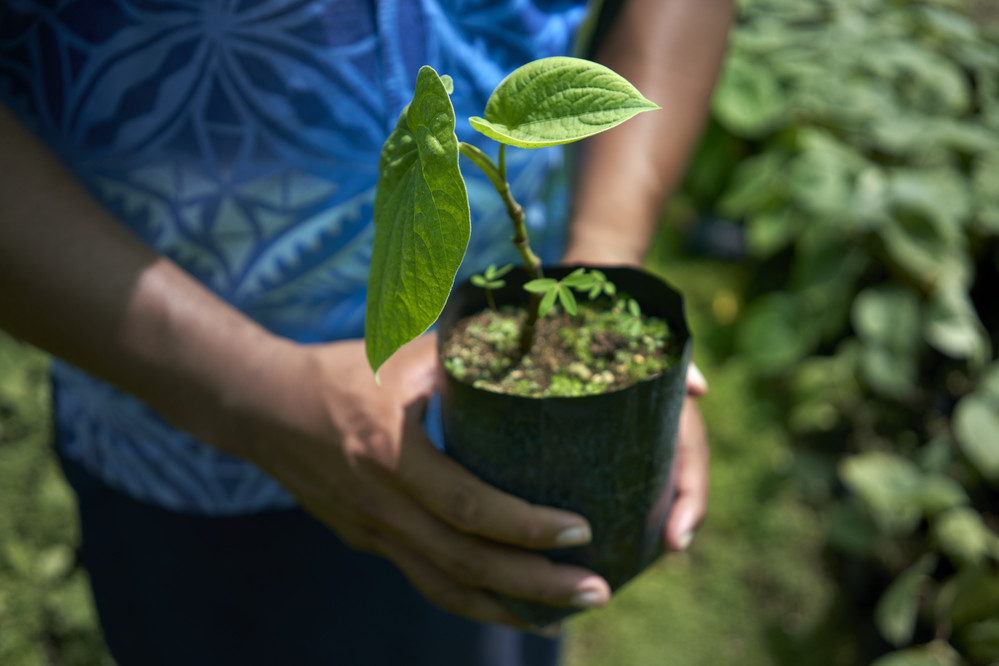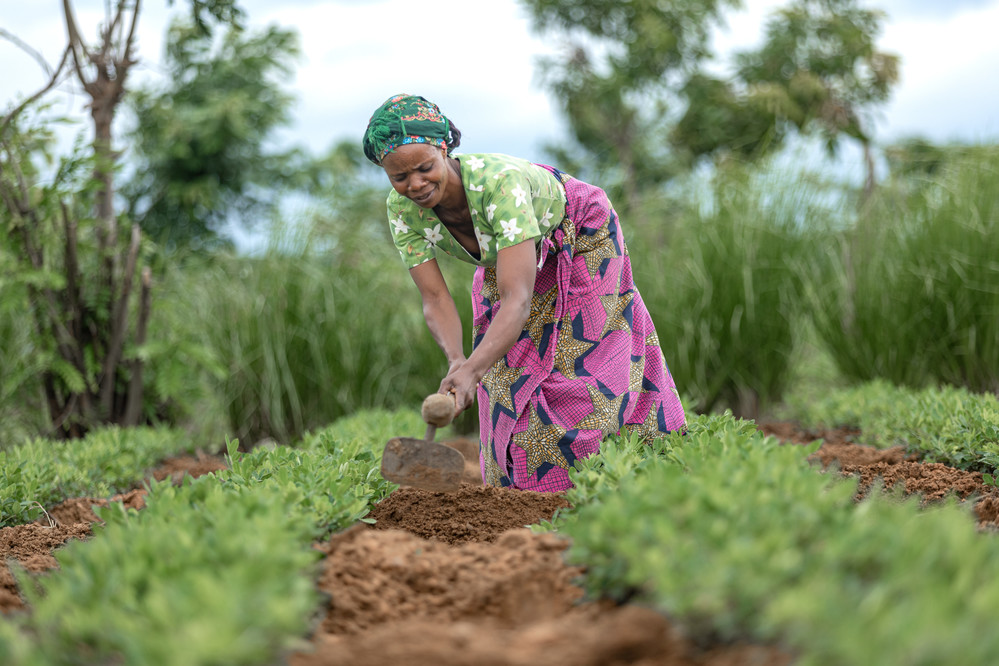Greening our food systems to deliver healthier and more nutritious food sustainably cannot be done in the absence of financially empowered agricultural small and medium-sized enterprises (agri-SMEs). This principle anchored the activities of the Smallholder and Agri-SME Finance and Investment Network (SAFIN) throughout 2021. Through a wide variety of knowledge products, events and collaborations facilitated through the network, SAFIN doubled its efforts in 2021 to put agri-SMEs at the heart of debates and investments for sustainable food systems.

Photo credit: Daniel Dan / Pexels
“2021 made the importance of the agri-SME finance agenda even clearer, as new conversations around sustainable food systems, blended finance and green finance show the need for the unique perspective that SAFIN represents,” said Bettina Prato, Former Senior Coordinator of SAFIN, and Lead Policy and Technical Advisor at the International Fund for Agricultural Development (IFAD).
While the COVID-19 pandemic continued to disrupt the business of many institutions, it also resulted in an unexpected opportunity for SAFIN to transform into an industry hub that connects highly differentiated actors.
Highlights from 2021
Launching a new phase of activities
SAFIN entered its second phase, also known as SAFIN 2.0, for the period of 2021-2025 building on the success of a three-year pilot. Along with five new focus areas designed to address systemic challenges in closing the agri-SME finance gap, SAFIN members elected a new Steering Committee to represent key constituencies within the Network.
Fostering collective learning
Three key themes were prioritized for SAFIN’s new learning agenda: green finance for agri-SME investment, digital innovations in agri-SME finance and access to finance for farmers’ organizations. As part of our learning activities around this agenda, SAFIN hosted 12 learning events, primarily around the theme of green finance, reaching over 1400 agri-finance practitioners. SAFIN also published two learning notes summarizing the key lessons from these activities.
Contributing to sustainable food systems
SAFIN members continued efforts to champion agri-SME finance in various global forums, with a specific focus on the United Nations Food Systems Summit. The Network organized three Independent Dialogues on game-changing solutions with the potential to empower small businesses with financial and other resources, informed the Summit’s agenda on small businesses, contributed to the establishment of the Good Food SME Hub, and through its Senior Coordinator, acted as a Food Systems Champion.
Closing strategic knowledge gaps
At a time when many struggle with large information flows about different issues of relevance to their work, SAFIN addresses knowledge gaps with the potential to influence the future of the agri-SME finance sector. An agri-SME taxonomy, co-authored with ISF Advisors, responded to the long-standing need for a shared definition and segmentation of agri-SMEs. A report co-authored with Convergence looked in-depth at how large sums of private finance can be invested in the agri-food sector to maximize the impact on SME and small farmers.
Connecting unusual suspects for joint action
As a network, SAFIN works to connect institutions, initiatives and resources to each other towards the goal of improved access to finance for agri-SMEs. In 2021, SAFIN contributed to enhanced access to finance for agro-service providers in Nigeria, plans to establish Rajasthan State as a millet hub in India, the establishment of the Platform for Green and Inclusive Food Systems and a strategic collaboration agreement between two SAFIN member institutions.
Working towards a thriving network
Over the course of the year, SAFIN also strengthened its mechanisms for member-led implementation, greater peer-to-peer information flow across the Network and its tools to track and report on our progress towards more inclusive and effective agri-SME finance ecosystems.

